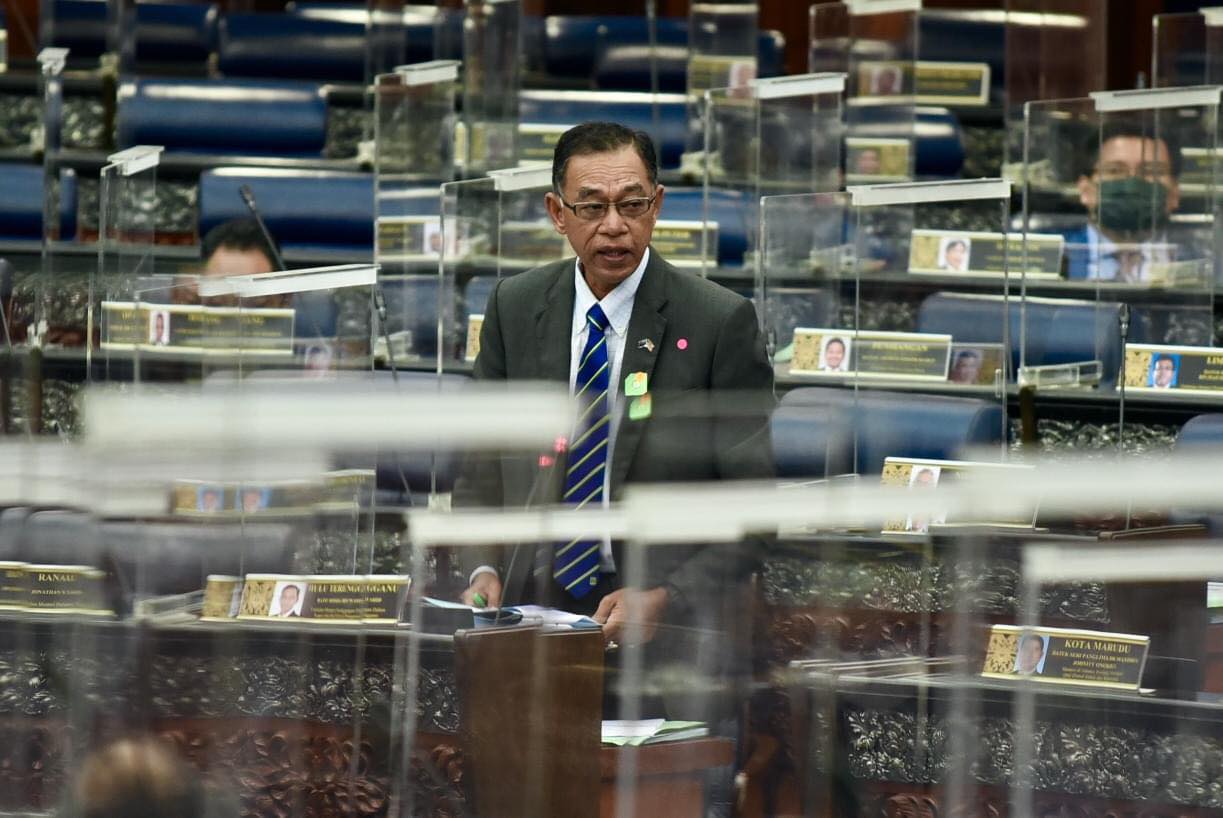According to KPDNHEP deputy minister Rosol Wahid, a special task force is conducting a review to pave the way for a new licensing mechanism. “Online business and digital transactions are becoming a trend,” he told The Star. “It is important to ensure digital transactions and online businesses on platforms such as marketplace, social media, websites and shopping apps are conducive and safe besides being user-friendly.” Deputy Minister of Domestic Trade and Consumer Affairs Rosol Wahid [Photo: Rosol Wahid/Facebook]Existing regulations will be amended in order to accommodate the new special licence, he added. The ministry would study models used by countries such as the US, China, Singapore and Saudi Arabia in the monitoring of online businesses. On top of that, it will also engage with online platform providers, consumer and seller associations, as well as academicians and economists to ensure that every aspect – including consumer and seller protection and protection – can be carried out effectively. Rosol said the proposal for the special licence review has so far received positive feedback, and noted that its introduction is crucial for safeguarding the interests of both consumers and traders. He also revealed that the ministry recorded the highest number of complaints on scams involving online transactions for three consecutive years – especially back in 2020 and 2021, where consumers resorted to online shopping due to COVID-19 movement restrictions. While awaiting for the new legislation, the minister said personnel will continue relying on existing laws to protect users from online scammers. These include the compulsory requirement for online traders to display individual, business or company name, business registration number, contact details (email, phone number and business address), main description of goods or services offered, full price of items (including other costs such as shipping, freight, tax and so on), any terms and conditions, and estimated delivery time. Those who fail to display these details will face prosecution under the 2012 Consumer Protection Regulations (Electronic Trade Transaction). For individuals, first-time offenders are fined up to RM 50,000 or imprisonment of not more than three years or both, while repeat offenders are fined a maximum of RM 100,000 or jail of not more than five years or both. Businesses, on the other hand, will face double the maximum fine for both first-time and repeat offences. (Source: The Star)

